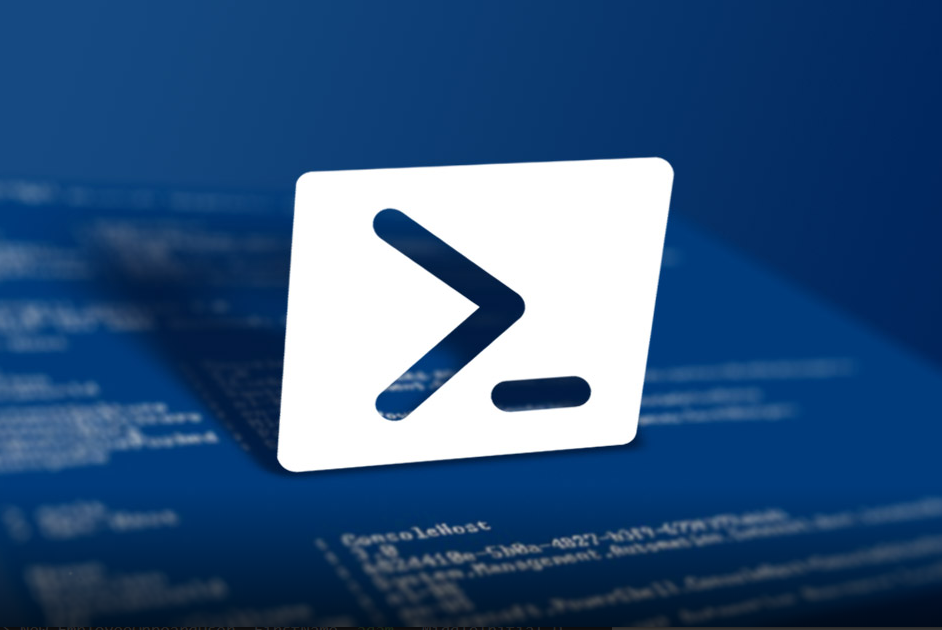
In order to run this first script function, you need to save the second script along with this script with same name, because in first script its looking for second script.
function Get-WinEventWithin {
<#
.SYNOPSIS
This function finds all events in all event logs on a local or remote computer between a start and end time
.EXAMPLE
PS> Get-WinEventWithin -StartTimestamp '04-15-18 04:00' -EndTimestamp '04-15-18 08:00'
This example finds all events in all event logs from April 15th, 2018 at 4AM to April 15th, 2018 at 8AM.
.PARAMETER Computername
The computer in which you'd like to find event log entries on. If this is not specified, it will default to localhost.
.PARAMETER StartTimestamp
The earlier time of the event you'd like to find an event
.PARAMETER EndTimestamp
The latest time of the event you'd like to find
#>
[CmdletBinding()]
param (
[string]$Computername = 'localhost',
[Parameter(Mandatory)]
[datetime]$StartTimestamp,
[Parameter(Mandatory)]
[datetime]$EndTimestamp
)
process {
try {
$Logs = (Get-WinEvent -ListLog * -ComputerName $ComputerName | where { $_.RecordCount }).LogName
$FilterTable = @{
'StartTime' = $StartTimestamp
'EndTime' = $EndTimestamp
'LogName' = $Logs
}
Get-WinEvent -ComputerName $ComputerName -FilterHashtable $FilterTable -ErrorAction 'SilentlyContinue'
} catch {
Write-Error "$($_.Exception.Message) - Line Number: $($_.InvocationInfo.ScriptLineNumber)"
}
}
}
This second script depends on first script functions.
function Get-WinEventWithin {
<#
.SYNOPSIS
This function finds all events in all event logs on a local or remote computer between a start and end time
.EXAMPLE
PS> Get-WinEventWithin -StartTimestamp '04-15-18 04:00' -EndTimestamp '04-15-18 08:00'
This example finds all events in all event logs from April 15th, 2018 at 4AM to April 15th, 2018 at 8AM.
.PARAMETER Computername
The computer in which you'd like to find event log entries on. If this is not specified, it will default to localhost.
.PARAMETER StartTimestamp
The earlier time of the event you'd like to find an event
.PARAMETER EndTimestamp
The latest time of the event you'd like to find
#>
[CmdletBinding()]
param (
[string]$Computername = 'localhost',
[Parameter(Mandatory)]
[datetime]$StartTimestamp,
[Parameter(Mandatory)]
[datetime]$EndTimestamp
)
process {
try {
$Logs = (Get-WinEvent -ListLog * -ComputerName $ComputerName | where { $_.RecordCount }).LogName
$FilterTable = @{
'StartTime' = $StartTimestamp
'EndTime' = $EndTimestamp
'LogName' = $Logs
}
Get-WinEvent -ComputerName $ComputerName -FilterHashtable $FilterTable -ErrorAction 'SilentlyContinue'
} catch {
Write-Error "$($_.Exception.Message) - Line Number: $($_.InvocationInfo.ScriptLineNumber)"
}
}
}
function Get-TextLogEventWithin {
<#
.SYNOPSIS
This function finds all files matching a specified file extension that have a last write time
between a specific start and end time.
.EXAMPLE
PS> Get-TextLogEventWithin -Computername MYCOMPUTER -StartTimestamp '04-15-15 04:00' -EndTimestamp '04-15-15 08:00' -LogFileExtension 'log'
This example finds all .log files on all drives on the remote computer MYCOMPUTER from April 15th, 2015 at 4AM to April 15th, 2015 at 8AM.
.PARAMETER Computername
The computer name you'd like to search for text log on. This defaults to localhost.
.PARAMETER StartTimestamp
The earliest last write time of a log file you'd like to find
.PARAMETER EndTimestamp
The latest last write time of a log file you'd like to find
.PARAMETER LogFileExtension
The file extension you will be limiting your search to. This defaults to 'log'
#>
[CmdletBinding()]
param (
[ValidateScript({Test-Connection -ComputerName $_ -Quiet -Count 1})]
[string]$Computername = 'localhost',
[Parameter(Mandatory)]
[datetime]$StartTimestamp,
[Parameter(Mandatory)]
[datetime]$EndTimestamp,
[ValidateSet('txt','log')]
[string]$LogFileExtension = 'log'
)
process {
try {
## Define the drives to look for log files if local or the shares to look for when remote
if ($ComputerName -eq 'localhost') {
$Locations = (Get-CimInstance -ClassName Win32_LogicalDisk -Filter "DriveType = '3'").DeviceID
} else {
## Enumerate all shares
$Shares = Get-CimInstance -ComputerName $ComputerName -Class Win32_Share | where { $_.Path -match '^\w{1}:\\$' }
[System.Collections.ArrayList]$Locations = @()
foreach ($Share in $Shares) {
$Share = "\\$ComputerName\$($Share.Name)"
if (!(Test-Path $Share)) {
Write-Warning "Unable to access the '$Share' share on '$Computername'"
} else {
$Locations.Add($Share) | Out-Null
}
}
}
## Build the hashtable to perform splatting on Get-ChildItem
$GciParams = @{
Path = $Locations
Filter = "*.$LogFileExtension"
Recurse = $true
Force = $true
ErrorAction = 'SilentlyContinue'
File = $true
}
## Build the Where-Object scriptblock on a separate line due to it's length
$WhereFilter = {($_.LastWriteTime -ge $StartTimestamp) -and ($_.LastWriteTime -le $EndTimestamp) -and ($_.Length -ne 0)}
## Find all interesting log files
Get-ChildItem @GciParams | Where-Object $WhereFilter
} catch {
Write-Error "$($_.Exception.Message) - Line Number: $($_.InvocationInfo.ScriptLineNumber)"
}
}
}